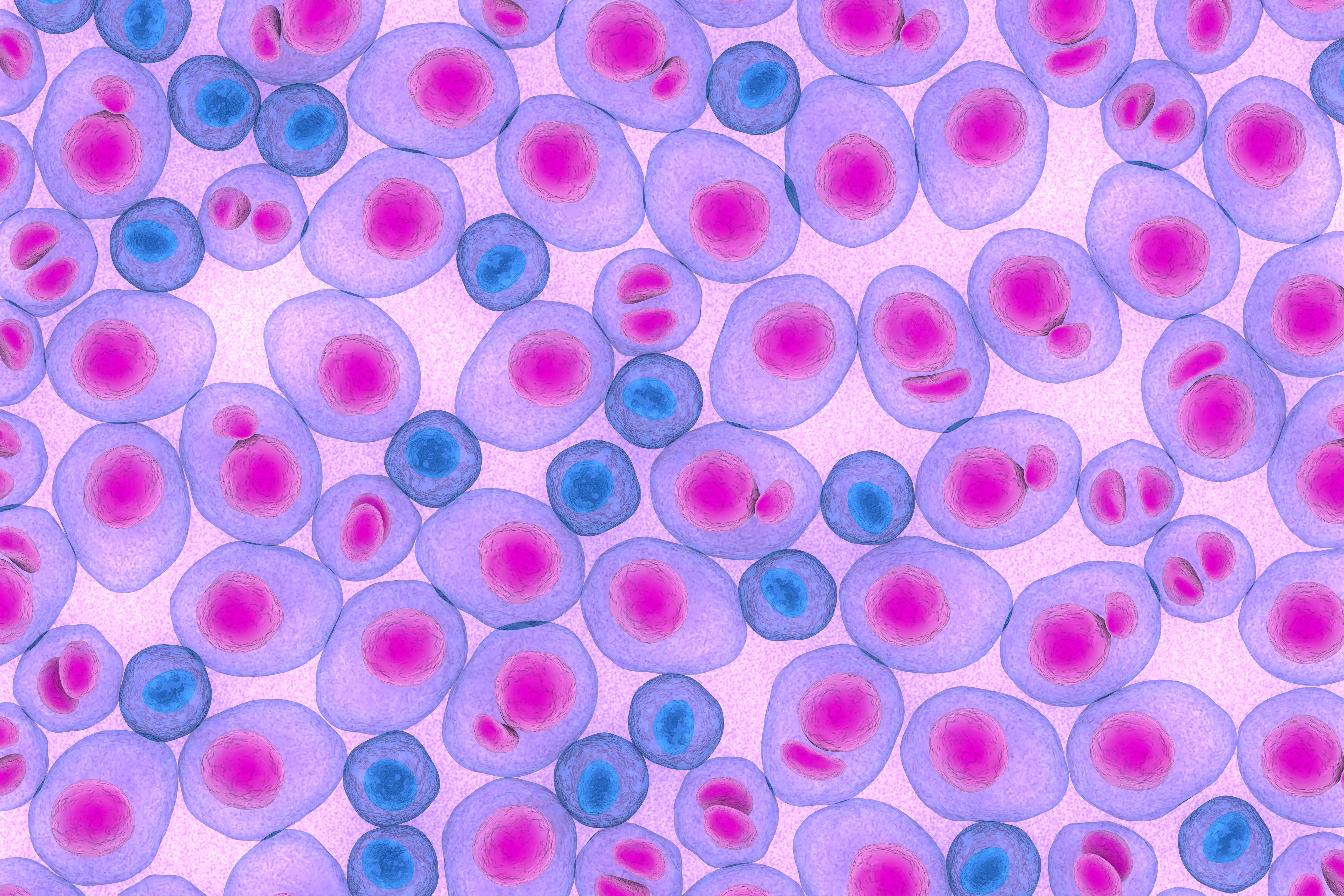Understanding Bipolar Disorder and Its Aspects
Know about bipolar disorder, a mental health condition marked by extreme mood swings. Learn about its types, symptoms, causes, and treatment options to better understand and manage the condition.


Introduction
Bipolar disorder is a mental health condition that affects millions of people worldwide. It is characterized by extreme mood swings, ranging from emotional highs (mania or hypomania) to deep lows (depression). These mood shifts can impact a person’s energy levels, behaviour, and ability to carry out daily activities.
If you or someone you know is dealing with bipolar disorder, understanding its symptoms, causes, and management strategies can help in coping with the condition effectively.
What is Bipolar Disorder?
Bipolar disorder, previously known as manic depression, is a mental health condition that causes unusual shifts in mood, energy, and activity levels. These mood episodes can last for days, weeks, or even months. There are different types of bipolar disorder:
1. Bipolar I Disorder – Involves severe manic episodes that may require hospitalization, often followed by depressive episodes.
2. Bipolar II Disorder – Includes hypomania (a milder form of mania) and depressive episodes but no full-blown manic episodes.
3. Cyclothymic Disorder – A milder form with frequent mood swings but not as extreme as bipolar I or II.
Consult a Psychiatrist for the best advice
Symptoms of Bipolar Disorder
The symptoms vary depending on whether a person is experiencing a manic or depressive episode.
Manic/Hypomanic Episode Symptoms
- Feeling extremely happy, energetic, or irritable
- Racing thoughts and rapid speech
- Decreased need for sleep
- Overconfidence or grand ideas
- Impulsive or risky behaviour (excessive spending, reckless driving)
- Difficulty concentrating
Depressive Episode Symptoms
- Persistent sadness or hopelessness
- Loss of interest in activities once enjoyed
- Fatigue and low energy
- Changes in appetite (eating too much or too little)
- Trouble sleeping or oversleeping
- Feelings of guilt or worthlessness
- Difficulty making decisions
- Thoughts of death or suicide
What Causes Bipolar Disorder?
The exact cause of bipolar disorder is not fully understood, but several factors may contribute:
- Genetics – A family history of bipolar disorder increases the risk.
- Brain Structure & Chemistry – Imbalances in neurotransmitters (brain chemicals) may play a role.
- Environmental Factors – Stress, trauma, or major life changes can trigger episodes.
- Substance Abuse – Drugs or alcohol can worsen symptoms.
How Does Bipolar Disorder Affect Daily Life?
Bipolar disorder can significantly impact relationships, work, and overall well-being. The extreme mood swings can make it difficult to maintain stability in personal and professional life. Some challenges include:
- Work/School Difficulties – Concentration issues and erratic behaviour can affect performance.
- Relationship Struggles – Mood swings may strain friendships and family bonds.
- Financial Problems – Impulsive spending during manic episodes can lead to debt.
- Physical Health Risks – Poor sleep, unhealthy eating, and substance abuse can harm physical health.
Managing Bipolar Disorder
While bipolar disorder is a lifelong condition, proper treatment and lifestyle changes can help manage symptoms effectively.
1. Medical Treatment
- Medications – Mood stabilizers, antipsychotics, and antidepressants (under doctor’s supervision) help balance mood swings.
- Therapy – Cognitive Behavioural Therapy (CBT) and psychotherapy can help in coping with emotions and behaviour.
2. Lifestyle Adjustments
- Maintain a Routine – Regular sleep, meals, and exercise help stabilize mood.
- Avoid Triggers – Reduce stress, avoid alcohol/drugs, and recognize early signs of mood shifts.
- Healthy Diet & Exercise – A balanced diet and physical activity improve mental health.
- Support System – Family, friends, or support groups provide emotional help.
3. Self-Care & Monitoring
- Track Mood Changes – Keeping a mood journal helps identify patterns.
- Mindfulness & Relaxation – Meditation, yoga, and deep breathing reduce stress.
- Stay Connected – Talking to loved ones prevents isolation.
When to Seek Help?
If you or someone you know experiences:
- Severe mood swings affecting daily life
- Suicidal thoughts or self-harm tendencies
- Difficulty managing emotions
It’s important to consult a mental health professional. Early diagnosis and treatment can improve quality of life.
Final Thoughts
Bipolar disorder is a challenging condition, but understanding it and taking proactive steps can help manage symptoms effectively. Whether through medical treatment, therapy, or lifestyle changes, stability is achievable. If you need support, don’t hesitate to reach out; help is always available.
Consult a Psychiatrist for the best advice
Consult a Psychiatrist for the best advice

Dr. Puli Vanaja Reddy
Psychiatrist
15 Years • MBBS, MPH (USA), DCP (UK)
Hyderabad
Apollo Hospitals Jubilee Hills, Hyderabad
(175+ Patients)

Dr. Pratik Kumar
Psychiatrist
10 Years • MBBS,DNB-PSYCHIATRY
North West Delhi
DELHI GLOBAL MIND CLINIC, North West Delhi
(75+ Patients)

Dr. Sowmya G N
Psychiatrist
5 Years • MBBS,DNB,DPM
Bengaluru
Apollo Clinic, JP nagar, Bengaluru

Dr. Ankit Halder
Psychiatrist
7 Years • MBBS, MD (Psychiatry)
Kolkata
MCR SUPER SPECIALITY POLY CLINIC & PATHOLOGY, Kolkata

Dr Rohit Ranjan
Psychiatrist
10 Years • MBBS, MD (Psychiatry)
Bengaluru
Apollo Medical Center, Marathahalli, Bengaluru
Consult a Psychiatrist for the best advice

Dr. Puli Vanaja Reddy
Psychiatrist
15 Years • MBBS, MPH (USA), DCP (UK)
Hyderabad
Apollo Hospitals Jubilee Hills, Hyderabad
(175+ Patients)

Dr. Pratik Kumar
Psychiatrist
10 Years • MBBS,DNB-PSYCHIATRY
North West Delhi
DELHI GLOBAL MIND CLINIC, North West Delhi
(75+ Patients)

Dr. Sowmya G N
Psychiatrist
5 Years • MBBS,DNB,DPM
Bengaluru
Apollo Clinic, JP nagar, Bengaluru

Dr. Ankit Halder
Psychiatrist
7 Years • MBBS, MD (Psychiatry)
Kolkata
MCR SUPER SPECIALITY POLY CLINIC & PATHOLOGY, Kolkata

Dr Rohit Ranjan
Psychiatrist
10 Years • MBBS, MD (Psychiatry)
Bengaluru
Apollo Medical Center, Marathahalli, Bengaluru




